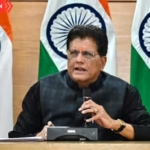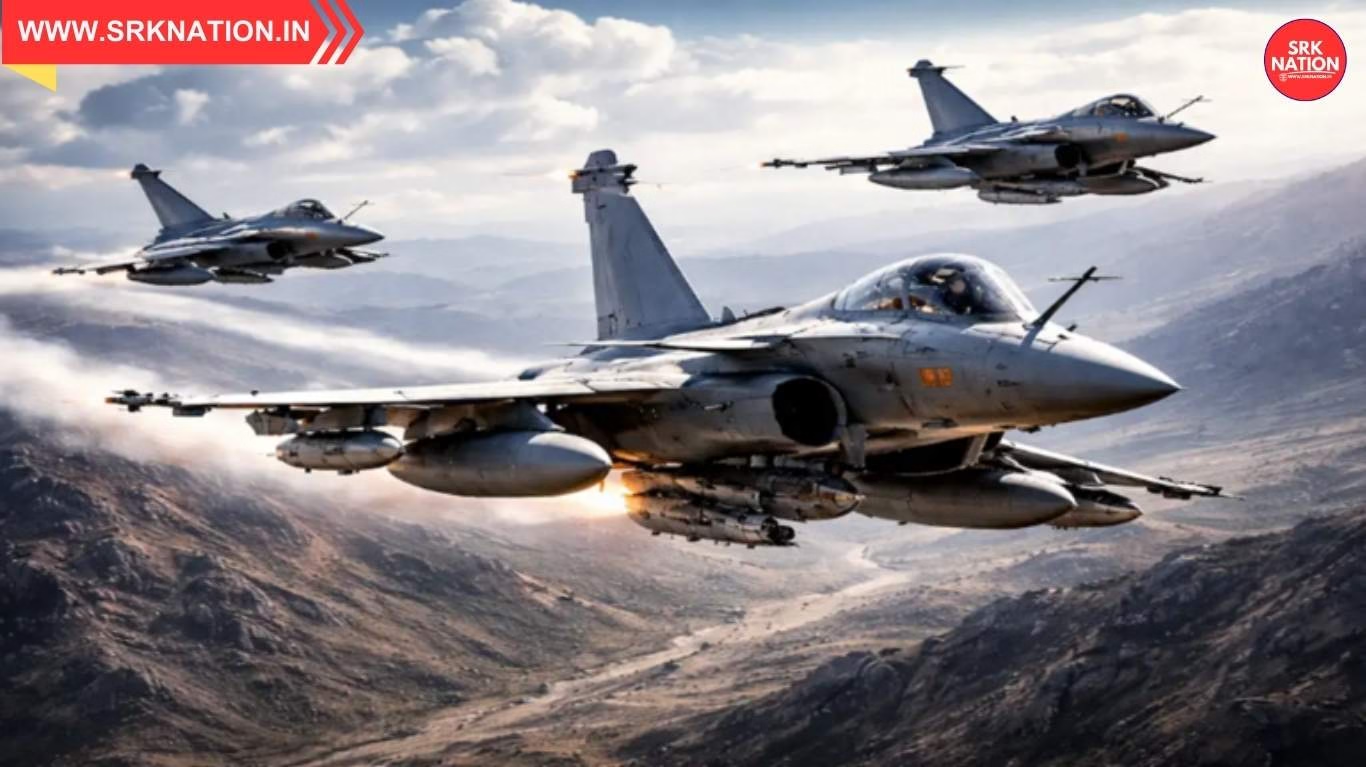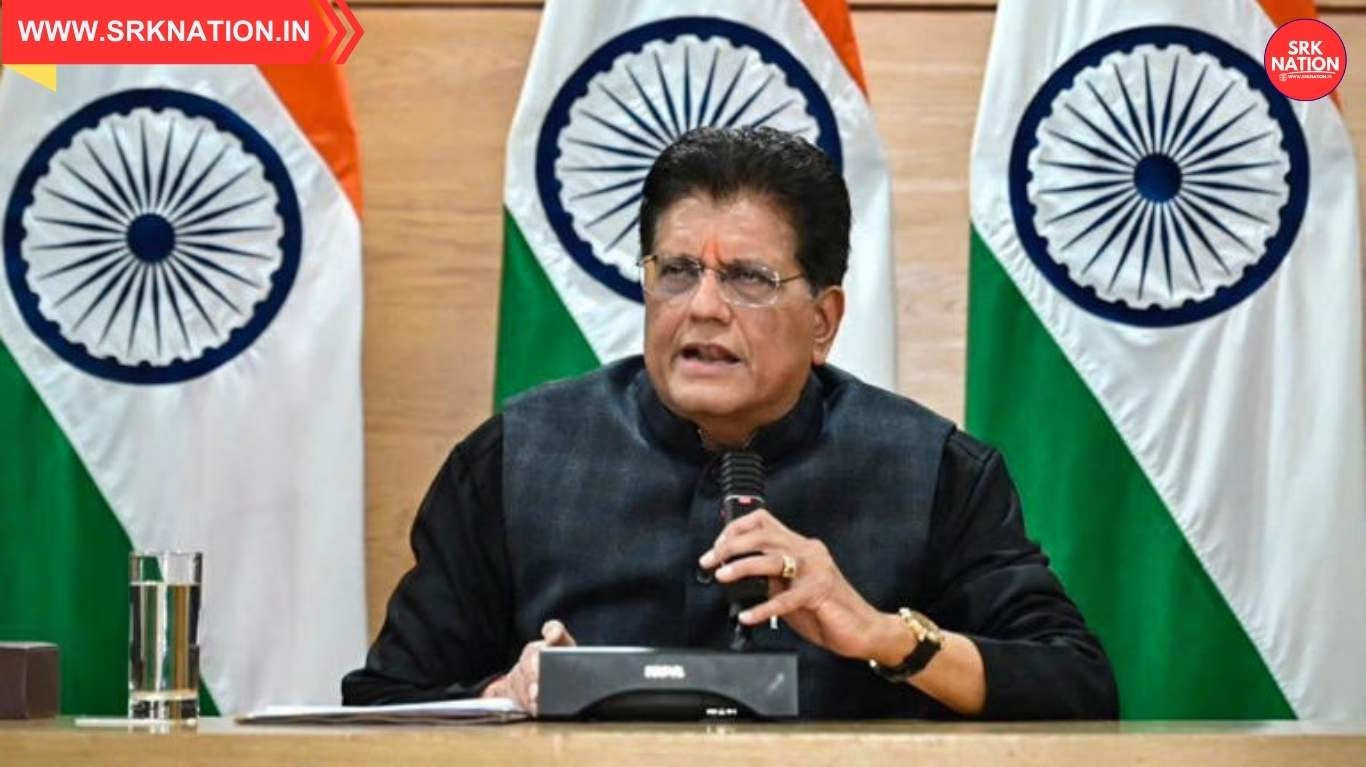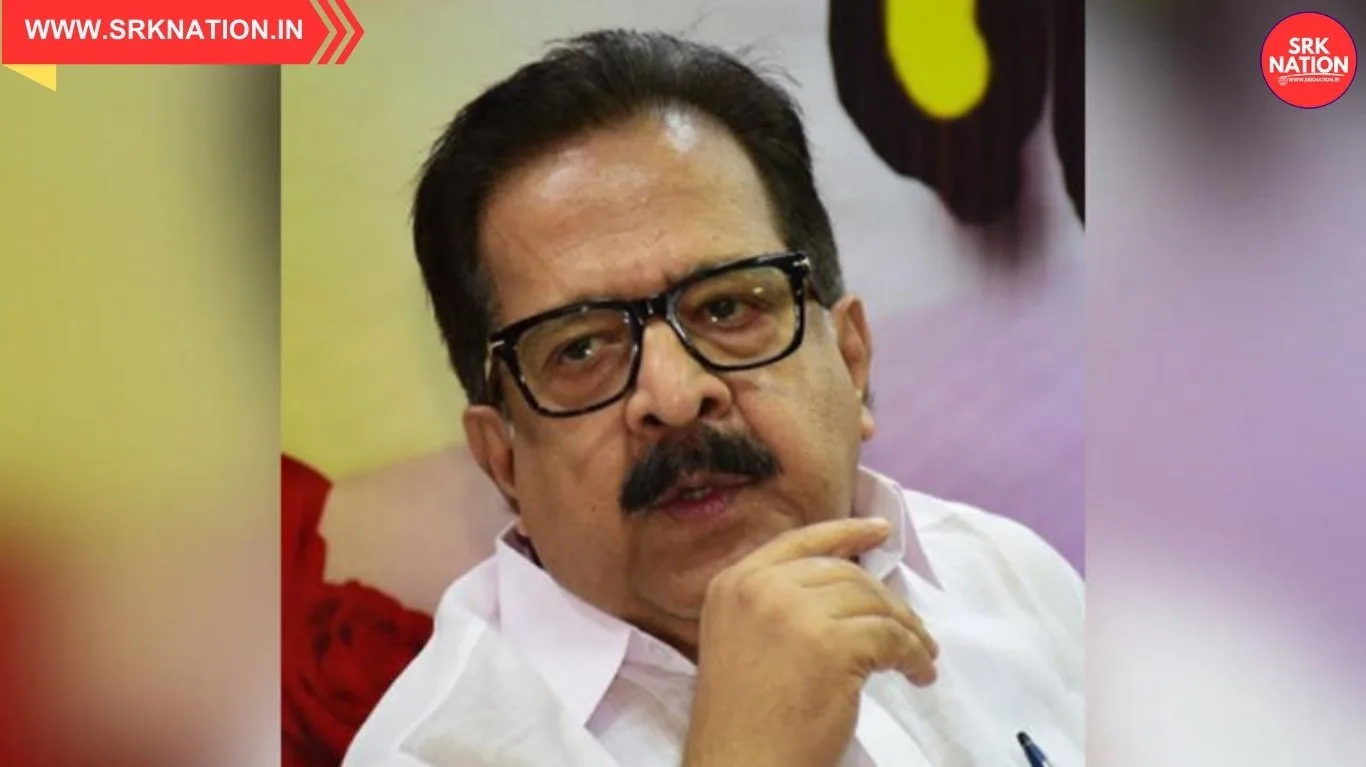National Security Advisor (NSA) Ajit Doval emphasised on Wednesday that India must prioritise indigenisation of its communication systems to secure its strategic interests, national security, and digital sovereignty. Speaking at an advanced technology and security conclave in New Delhi, Doval underlined the criticality of Artificial Intelligence (AI) in future warfare and strategic operations, stating that nations failing to indigenise and adopt AI risk being left vulnerable.
Doval’s assertion on indigenisation and national security
In his keynote address, NSA Doval said:
“Communication systems are the backbone of a nation’s strategic and tactical capabilities. Unless we indigenise them, we remain dependent and exposed to potential threats.”
He highlighted that India’s current communication infrastructure relies significantly on imported technologies, chips, and satellite-based frameworks, which could pose vulnerabilities in a conflict scenario.
Key highlights from Doval’s speech
- Communication Indigenisation Priority
Doval urged the defence, strategic, and scientific community to prioritise indigenous communication systems, including encrypted networks, satellites, undersea cables, and battlefield radio systems. - AI in national security
AI will be the biggest disruptor in security domains in the next decade. Doval mentioned: “Those who master AI will rule cyber and space domains. From predictive intelligence to autonomous weapons and cyber defence, AI will transform how nations secure themselves.” - Public-Private-Tech collaborations
The NSA stressed the role of India’s private tech startups and AI labs in building indigenous solutions aligned with national security priorities. - Cyber security and data sovereignty
As India’s digital economy crosses USD 1 trillion by 2030, the risks of cyber espionage, surveillance, and data theft become systemic threats to sovereignty.
Government initiatives to boost indigenisation
| Initiative | Description |
|---|---|
| Samarth Scheme | Aims to develop indigenous 4G and 5G telecom technology stack to reduce import dependence. |
| Defence AI Council | Established to integrate AI into armed forces operations and decision-making. |
| Make-II & iDEX schemes | Encourage startups and MSMEs to develop communication hardware, software, and AI tools for security forces. |
| DRDO AI roadmap | Focuses on deploying AI in image analysis, language processing, drone warfare, and surveillance. |
AI as a strategic disruptor: Doval’s detailed perspective
Doval explained that AI’s transformative impact spans:
- Battlefield intelligence and surveillance
AI-enabled real-time data processing from satellites, UAVs, and ground sensors provides actionable intelligence within seconds. - Autonomous combat systems
AI-integrated drones and robotic vehicles for border security, urban combat, and anti-terror operations. - Cybersecurity and cyberwarfare
AI-based threat detection and rapid neutralisation systems will form the backbone of India’s cyber defence strategy. - Decision support systems
AI-based analytics for wargaming, crisis simulation, and scenario planning for national security strategists.
Experts echo Doval’s warning on vulnerabilities
Defence analysts agree with NSA Doval that dependence on foreign communication networks, software, and chips could:
- Allow backdoor surveillance by adversarial powers.
- Compromise battlefield communication integrity in wartime.
- Disrupt critical national infrastructure via cyber-attacks.
- Enable manipulation of satellite or undersea cable-based communications.
Former Northern Army Commander Lt Gen DS Hooda (Retd) said:
“Indigenisation is essential for strategic autonomy. AI’s role will be pivotal in operational readiness and security strategy execution.”
AI adoption trends in Indian defence
Recent developments indicate an accelerated push towards AI integration:
- Army’s AI-enabled border surveillance systems deployed in Ladakh and Arunachal Pradesh.
- Indian Air Force’s AI-based predictive maintenance systems enhancing aircraft availability.
- Navy’s AI-enabled maritime surveillance integration, automating threat detection from sonar and radar feeds.
- DRDO’s AI programmes for drone swarms, autonomous underwater vehicles, and adaptive combat algorithms.
Global context: AI race in defence
Countries like the US, China, Russia, and Israel are already embedding AI across their security apparatus:
| Country | Key AI Focus |
|---|---|
| US | Project Maven for automated intelligence analysis, drone swarms, cyber-defence AI. |
| China | Military-Civil Fusion strategy integrating AI for autonomous tanks, ships, and hypersonic targeting. |
| Russia | AI-based electronic warfare systems and battlefield robotics. |
| Israel | AI-enabled air defence, missile interception, and unmanned combat systems. |
India’s accelerated AI adoption is essential to bridge the capability gap with these global powers.
Indigenisation challenges ahead
Despite policy focus and progress, experts highlight critical challenges:
- Limited domestic chip manufacturing capability constrains indigenous secure communication device production.
- AI talent pool deficit compared to China and US.
- Procurement delays due to procedural and bureaucratic bottlenecks.
- Inadequate R&D expenditure, with India spending only around 0.7% of GDP on R&D, of which a small fraction is for defence technology.
NSA Doval’s strategic call to action
Closing his address, NSA Ajit Doval urged:
“We must act fast. Indigenisation of communication systems and mastering AI are no longer options but necessities. India’s sovereignty, strategic autonomy, and future security depend on how we shape our technological landscape today.”
Future roadmap for AI and communication security in India
- Accelerate BharatNet and indigenous 5G roll-out with secured protocols.
- Establish AI Centres of Excellence focused on national security applications.
- Incentivise chip fabrication facilities under India Semiconductor Mission for strategic components.
- Integrate AI education in defence and engineering institutes to build a skilled pipeline.
- Deploy indigenous satellite communication and quantum encryption systems to secure critical networks.
Conclusion
India’s ambition to become a technology-secure nation aligned with its geopolitical goals depends on rapid indigenisation of communication systems and integrating AI into every aspect of defence and strategic decision-making. NSA Ajit Doval’s call is not just a policy directive but a timely national security imperative.
Disclaimer
This news article is based on NSA Ajit Doval’s public address, government announcements, and defence sector insights till July 2025. Readers are advised to refer to official Ministry of Defence and National Security Council communications for detailed strategic directives. The publication bears no responsibility for decisions taken based on this news content.











